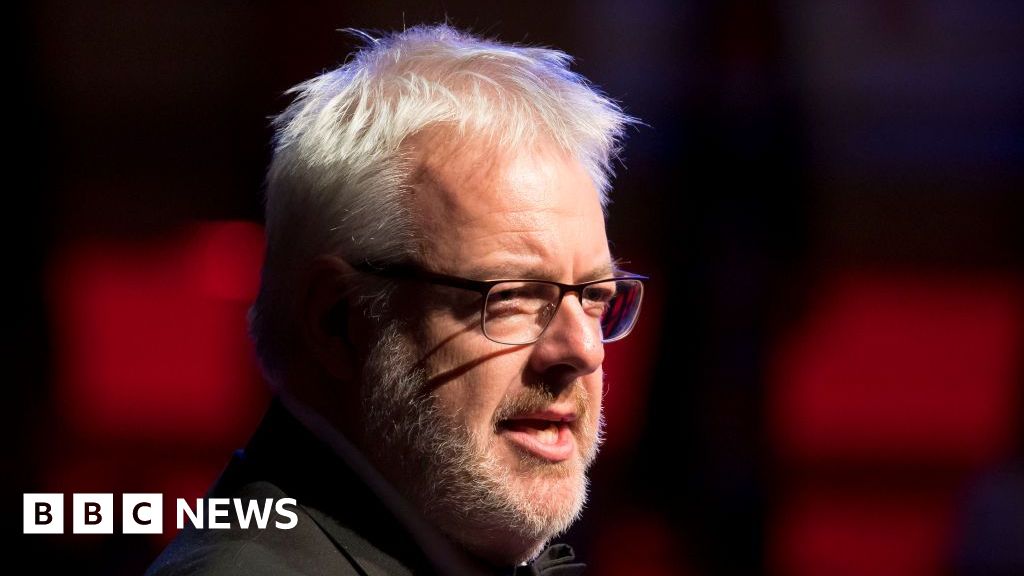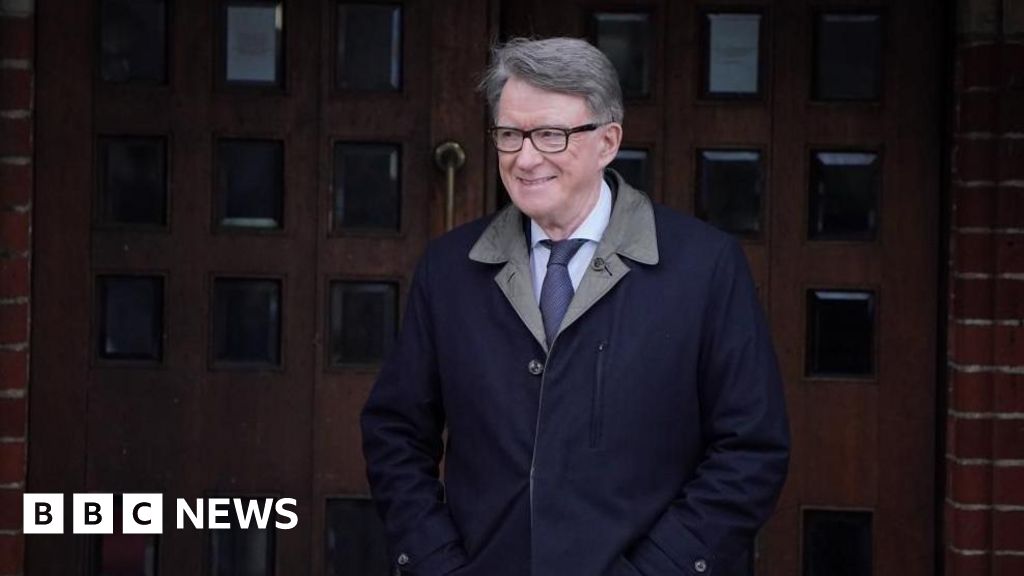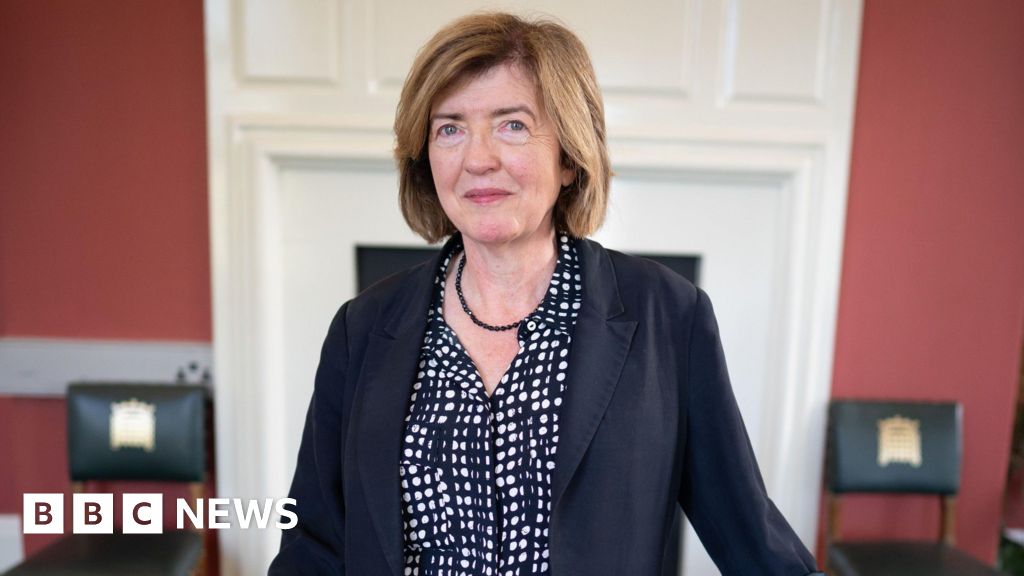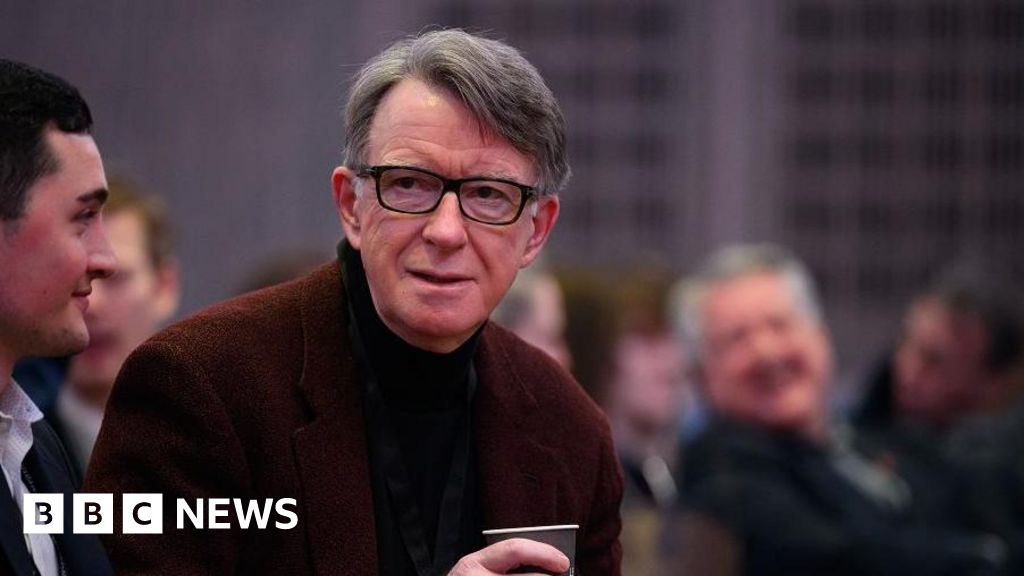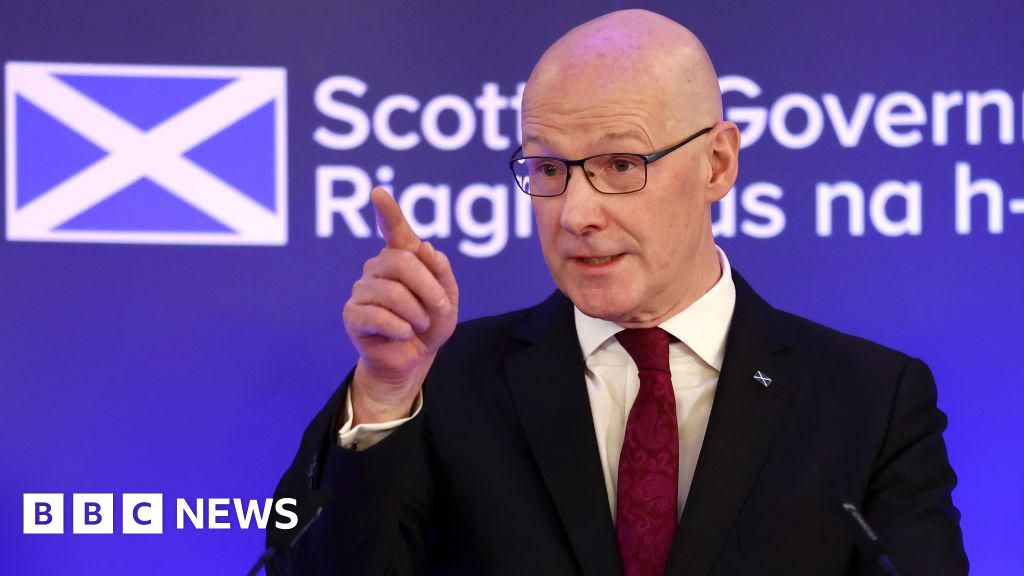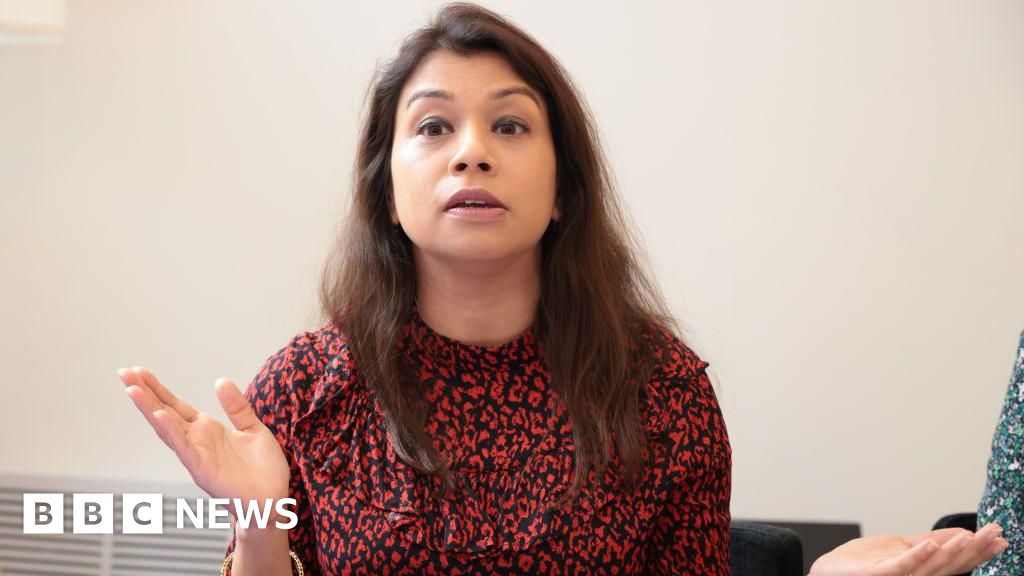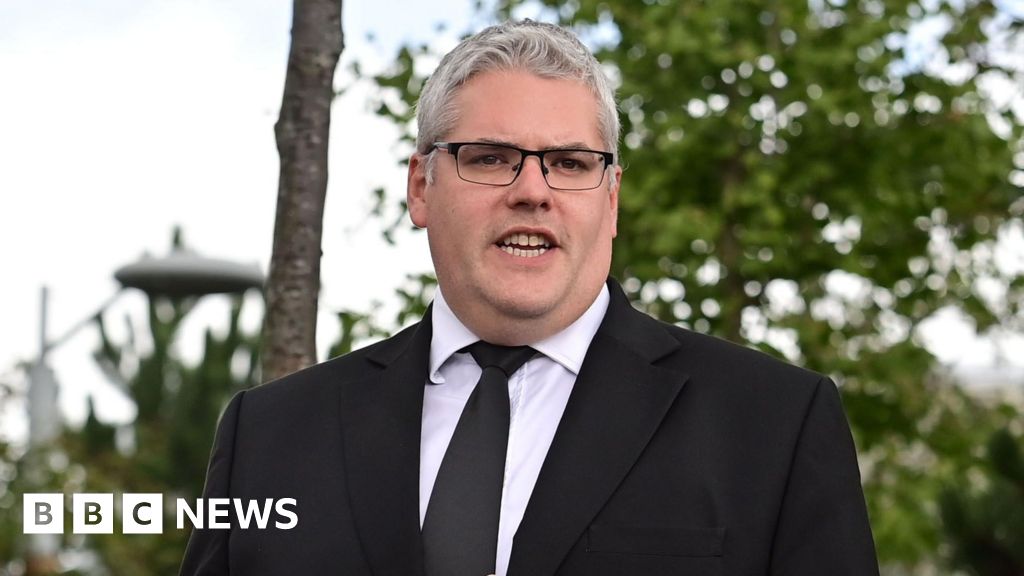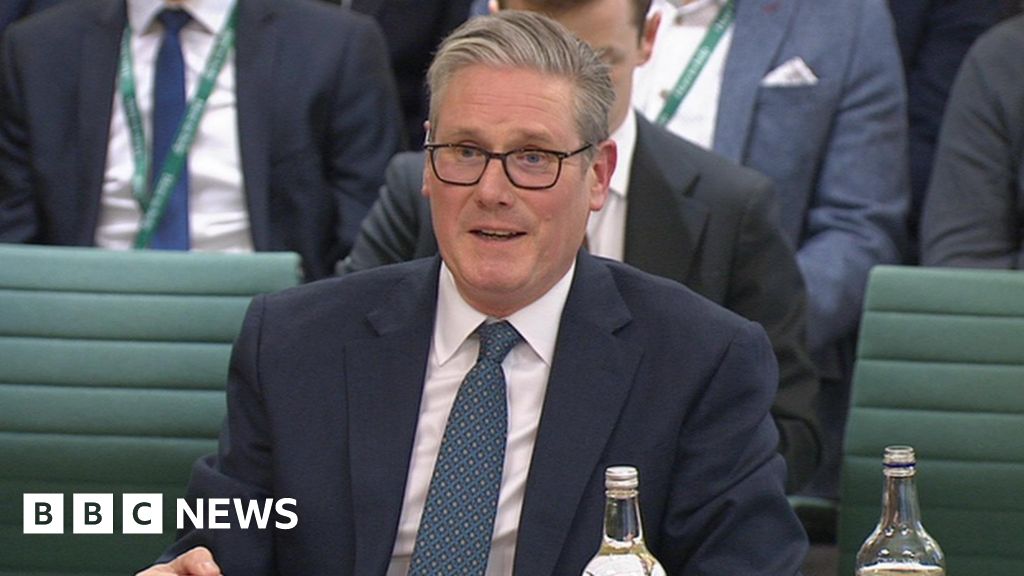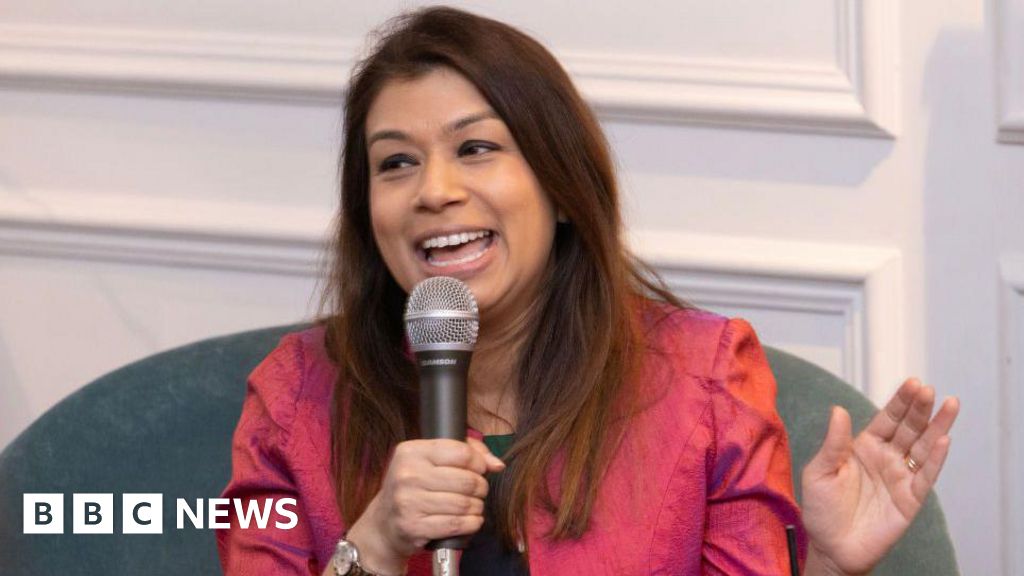
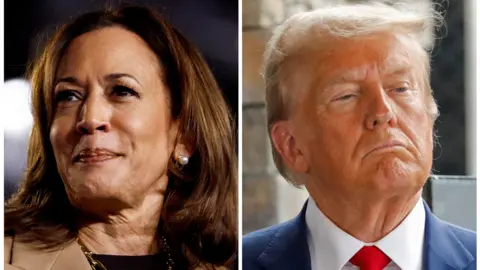 Reuters
Reuters
Sir Keir Starmer is unlikely to meet Kamala Harris before the US presidential election in 12 days' time, Downing Street has indicated.
The prime minister met Republican nominee Donald Trump in New York last month, and suggested he wanted to do the same with Democrat Harris.
But Sir Keir is now in Samoa for a Commonwealth leaders' summit, as the US campaign enters its final stage before the poll on 5 November.
In recent days, there have been tensions between the Labour Party and the Trump campaign over Labour staffers who volunteered to campaign for Harris.
The Trump team have filed a complaint with the US elections watchdog, alleging the help broke US election rules on foreign interference.
The complaint, filed with the Federal Election Commission (FEC), claimed Labour had "made, and the Harris campaign has accepted, illegal foreign national contributions".
It also took issue with Sir Keir's chief of staff, Morgan McSweeney, and Matthew Doyle, his director of communications, attending August's Democratic convention in Chicago.
It is understood from Labour officials that Labour met McSweeney’s costs, while Doyle was hosted by the Progressive Policy Institute, a US think tank.
But the officials said it would be wrong to suggest either man had advised or assisted the Harris campaign, adding that Labour sends a delegation to every Democratic convention.
A string of senior Labour figures have also pushed back on the accusation that activists who volunteered to help the Harris campaign violated US campaign rules.
Cabinet minister Steve Reed said Labour had not funded or organised their trips, while Sir Keir told reporters the activists travelled "in their spare time".
"They’re doing it as volunteers. They’re staying I think with other volunteers over there,” the prime minister added.
The row over campaigning was sparked by a now-deleted social media post from Labour's head of operations, Sofia Patel, that she had about 100 current and former party staff heading to the US before polling day.
The LinkedIn post said she had “10 spots available” for anyone willing to travel to North Carolina to campaign for Harris, adding “we will sort your housing”.
Foreign nationals are permitted to volunteer in political campaigns in the US as long as they are not compensated, according to FEC rules.
Labour sources insist no one has done anything wrong, but there is concern about whether the row could impact the so-called "special relationship" between the UK and US should Trump win on 5 November.
On Wednesday, Scotland Office minister Kirsty McNeill pulled out of a guest appearance at an online event on US election night in support of Harris.
She had been due to speak via Zoom at a Labour for Women meeting called "Come on Kamala", to provide election analysis in a "personal capacity", a government spokesperson said.
Conservative shadow Scottish secretary John Lamont had accused McNeill of "hosting a fully fledged rally" for Harris.

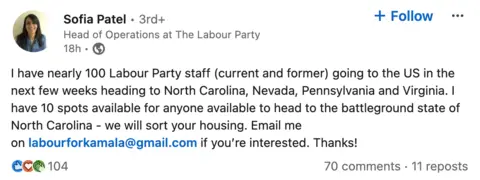
Responding to the Trump team's complaint during his plane journey to Samoa on Tuesday, Sir Keir denied the row would damage his relationship with the Republican candidate, reminding reporters the two had dinner together at Trump Tower in New York last month.
The prime minister’s deputy spokesperson stressed the UK would always have “a deep and strong relationship with the US as our closest ally” whoever won the election.
She was not aware of any plans for government ministers to speak to Trump’s campaign team, but Sir Keir and Trump had discussed “the long-standing friendship" between the two nations during their dinner, she said.
Nigel Farage, the Reform UK leader and Trump supporter, told the BBC he believed the wording of the LinkedIn post did breach US election law, saying the rules were "very, very clear".
Farage, who has travelled to the US to support Trump on multiple occasions, said: "The ad didn’t say you’ll be going in your own free time, didn’t say you’ll have to pay your own air fare, which at the moment by the way are very, very expensive, it said you’re going to have free accommodation.
"If you look at the wording of that advert there is little doubt that is against American election law."

 1 month ago
17
1 month ago
17
